When you store certain items in the same place, you stand a chance of one contaminating, destroying, or reacting dangerously with the other. Particularly focusing on household items, here are 20 such combinations to be careful with.
Food and Cleaning Supplies
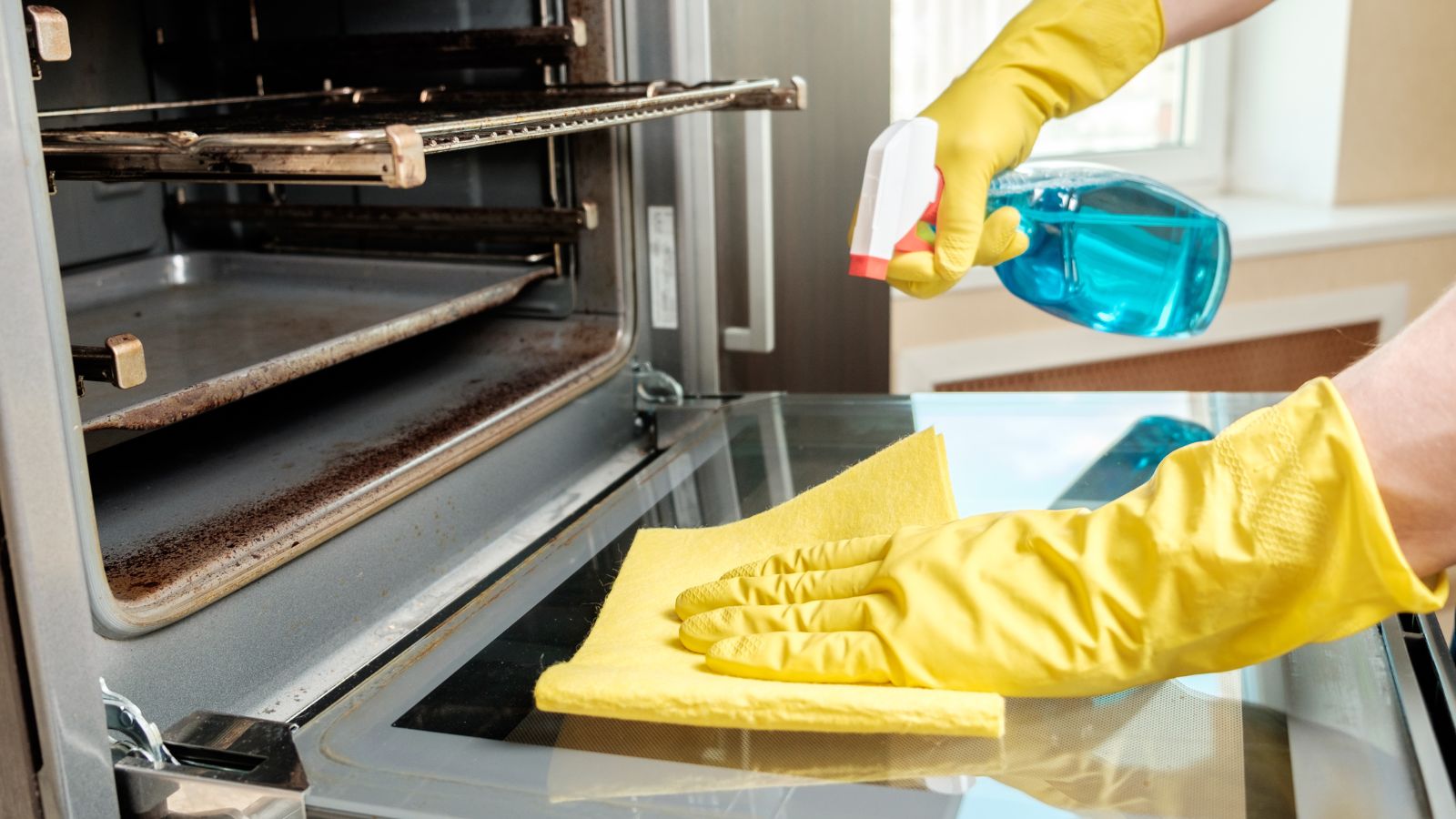
Understand that cleaning supplies are typically made from potentially harmful chemicals, and storing them with food can lead to toxic cross-contamination. What you should simply do is store your food in a pantry in your kitchen and keep your cleaning supplies in a separate area or even a separate room.
Bleach and Ammonia
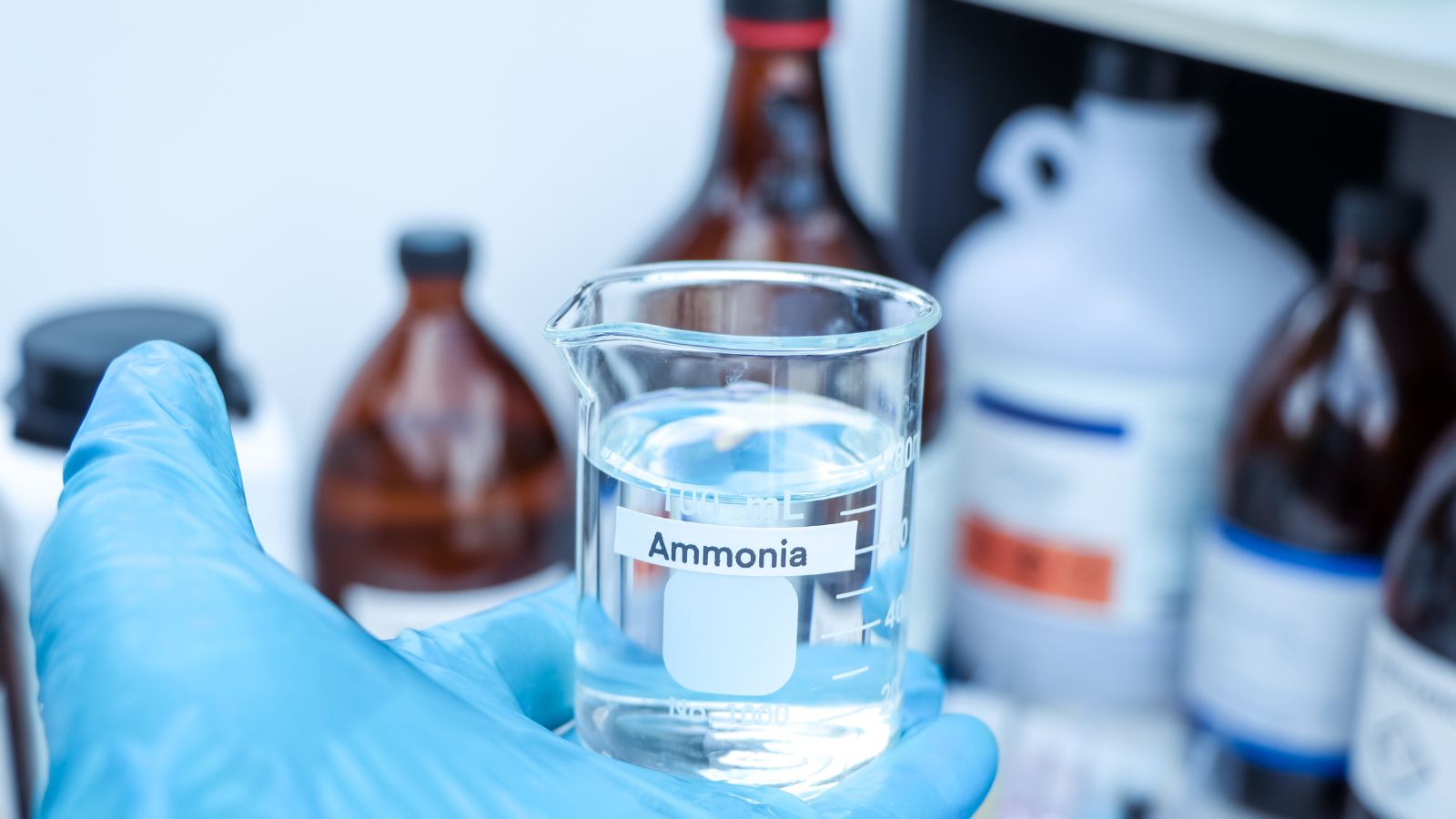
Healthline explains that, when combined, bleach and ammonia produce a toxic chloramine gas that can cause irritation to your eyes, nose, throat, and lungs. It also shares that, in the worst cases, this chloramine gas, which may arise from accidental mixing, can cause coma and even death.
Medicines and Vitamins
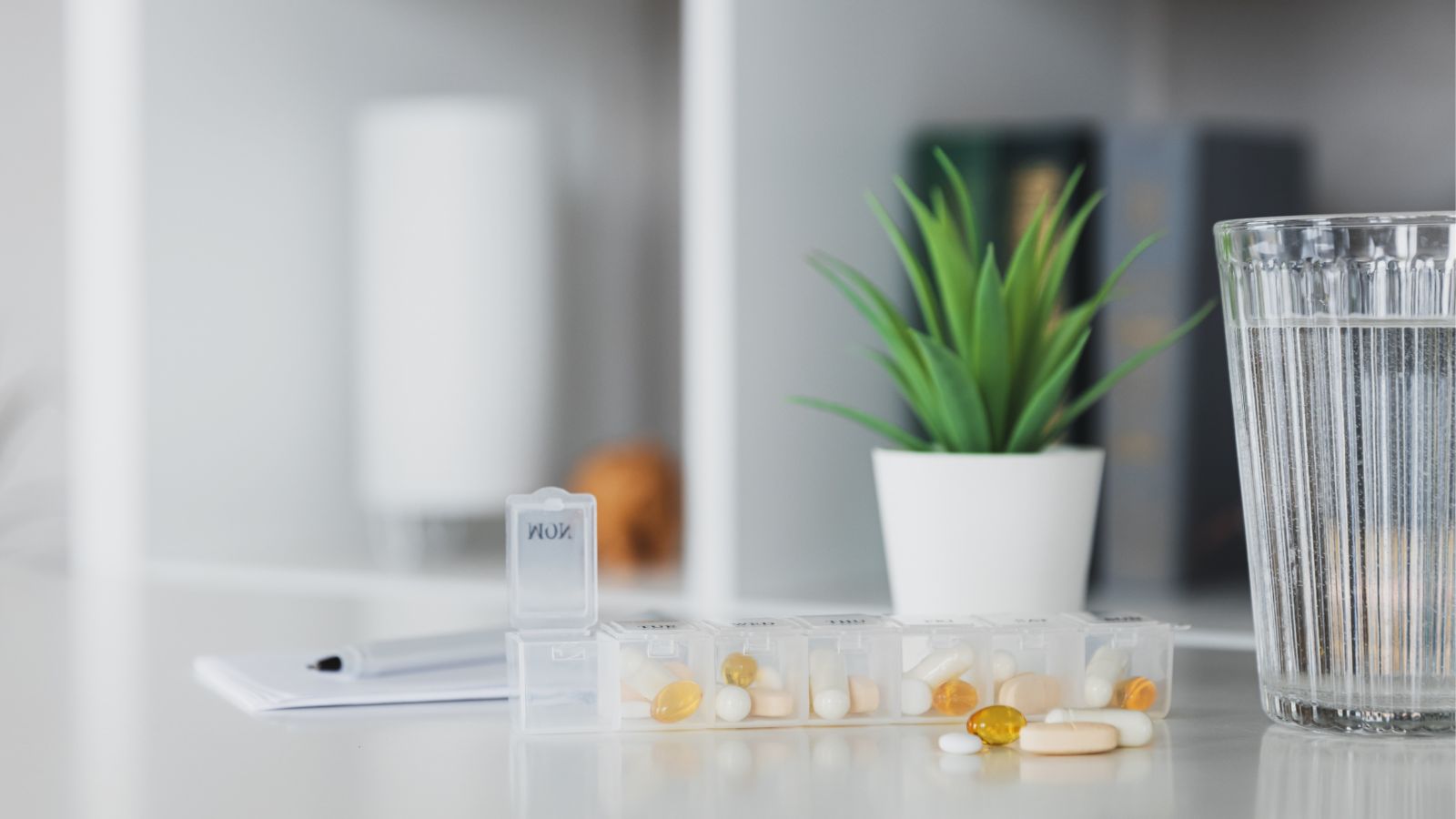
Mixing medicines and vitamins can lead to dangerous interactions. On one hand, both of these typically have different storage requirements, and on the other hand, there’s the potential for confusion. The FDC shares that combining vitamin supplements and medicine is a mistake with life-threatening consequences.
Batteries and Metal Objects
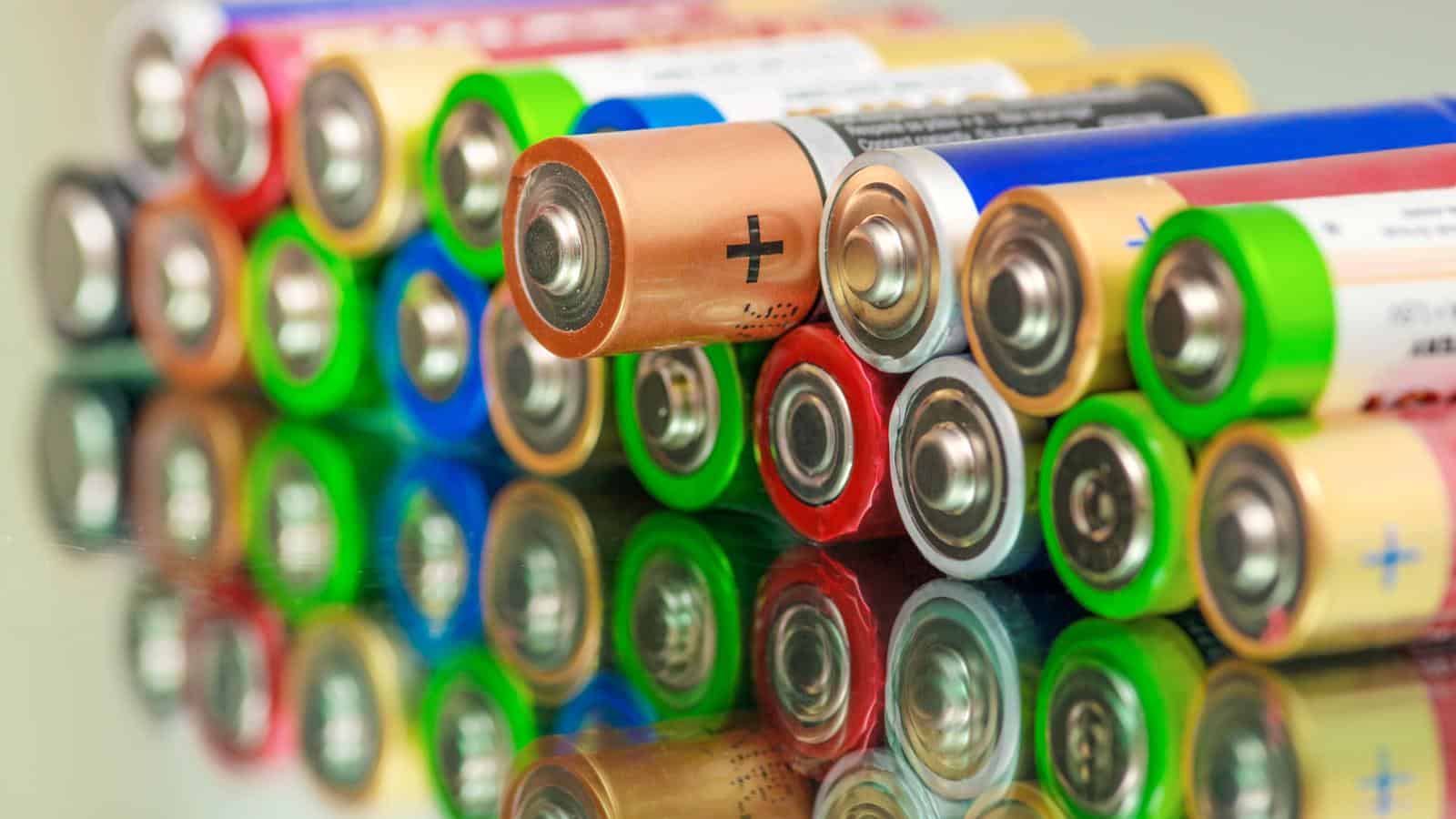
Storing batteries with metal objects can cause short circuits. Contact with metal can lead to sparks, fires, battery leakage, or even explosions. Such incidents can damage property, cause serious injuries, or start dangerous fires. Store batteries in their original packaging or in a designated container away from any metal items instead.
Flammable Liquids and Electronics
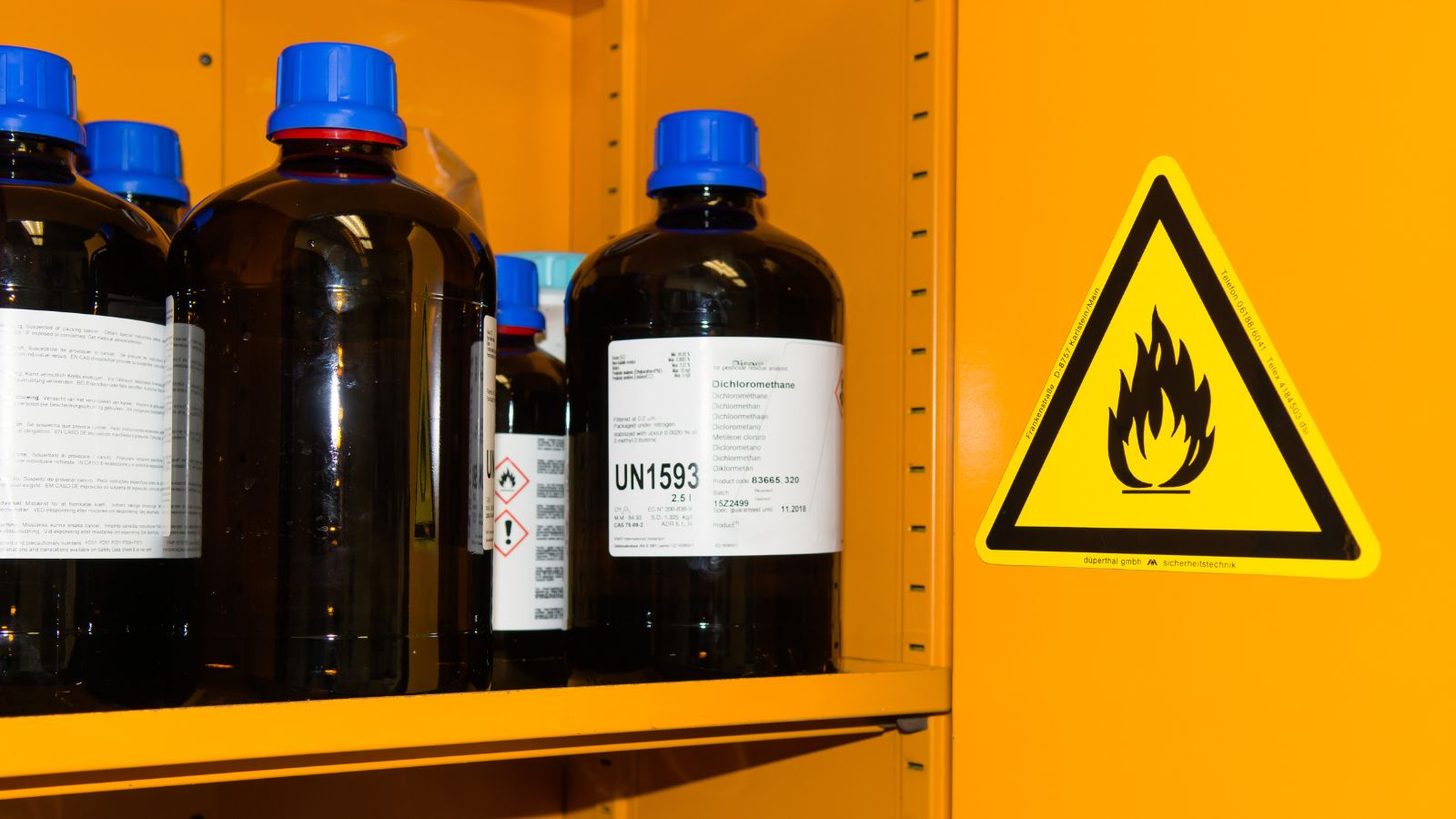
Flammable liquids and electronics create a significant fire hazard when stored together, as leaks or spills can ignite if they come into contact with powered electrical components. To prevent such dangerous accidents and ensure safety, it’s better to store flammable liquids in a well-ventilated area away from your electronics.
Clothes and Mothballs
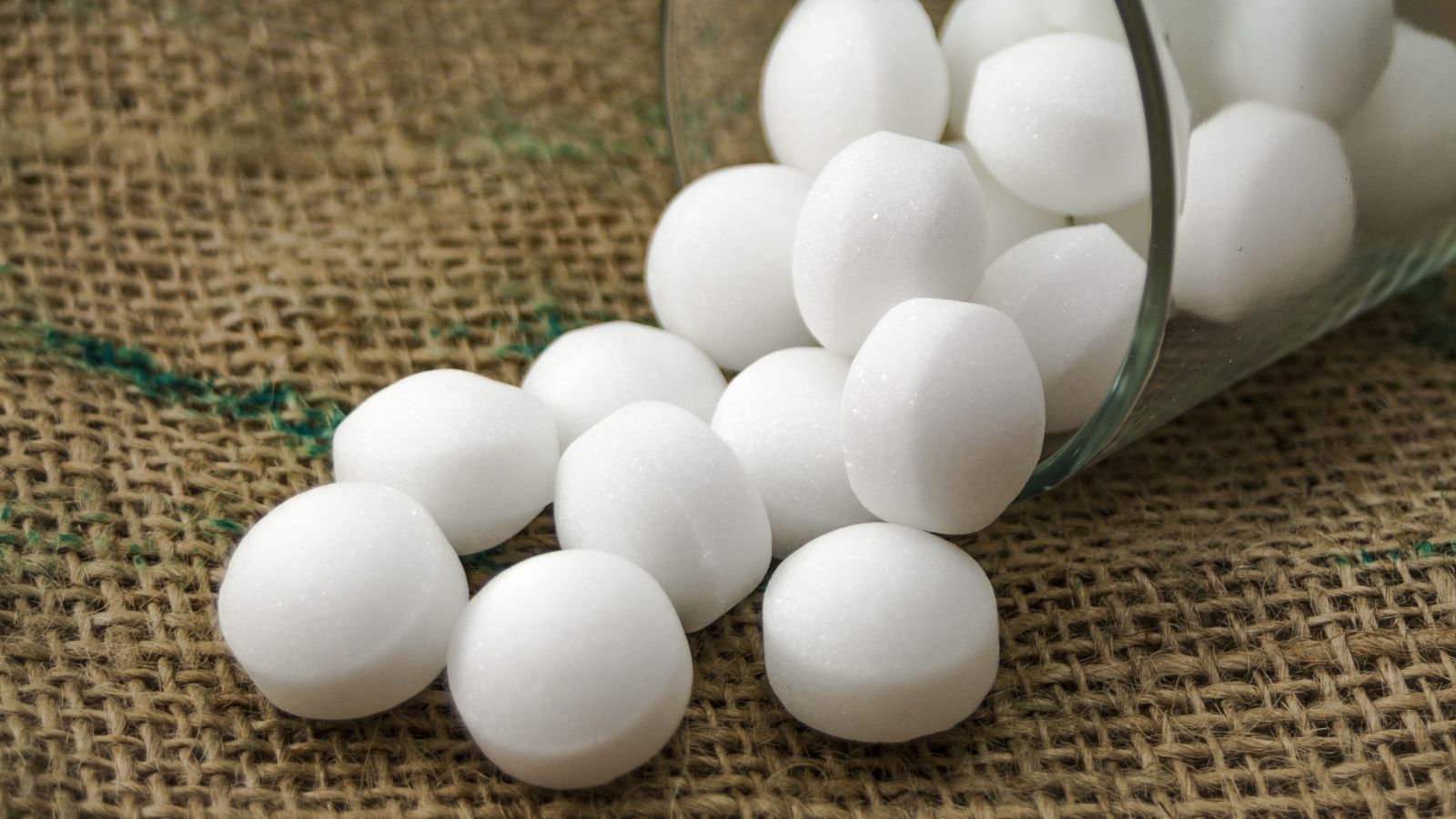
Clothes should not be stored directly with mothballs, either. Mothballs release harmful chemicals that can damage fabrics, which can cause discoloration and weaken fibers, as well as respiratory issues for you. Use garment bags or sealed containers for clothes instead, and place mothballs outside of them to protect your clothing.
Fresh Produce and Potatoes
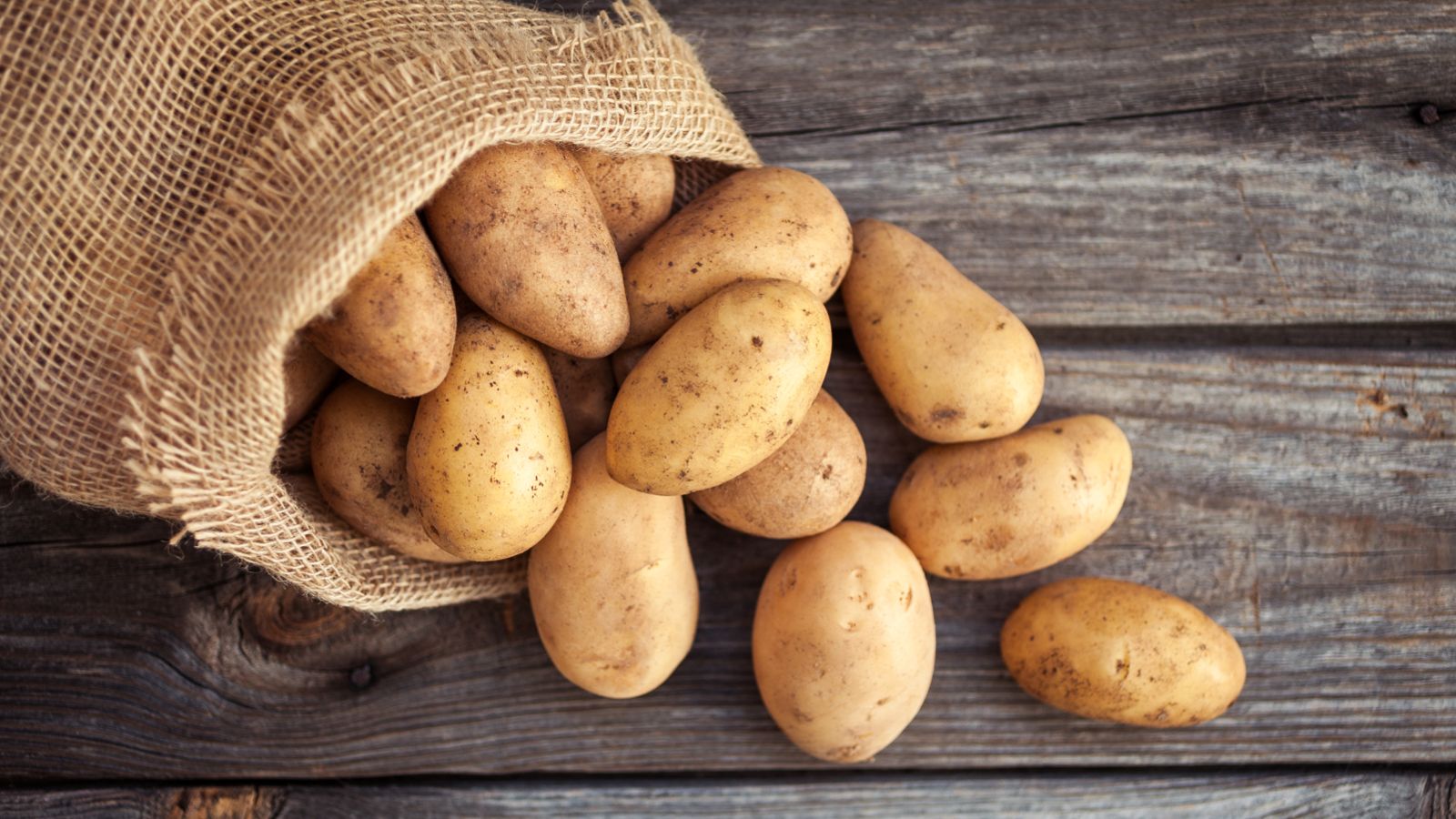
Storing fresh produce with potatoes can lead to faster spoilage. Potatoes release ethylene gas, and this accelerates ripening and decay in other produce—it will cause apples to rot, bananas to ripen prematurely, and leafy greens to wilt. Potatoes should be kept in a cool, dark place, while fresh produce should be stored separately to extend shelf life.
Jewelry and Moisture
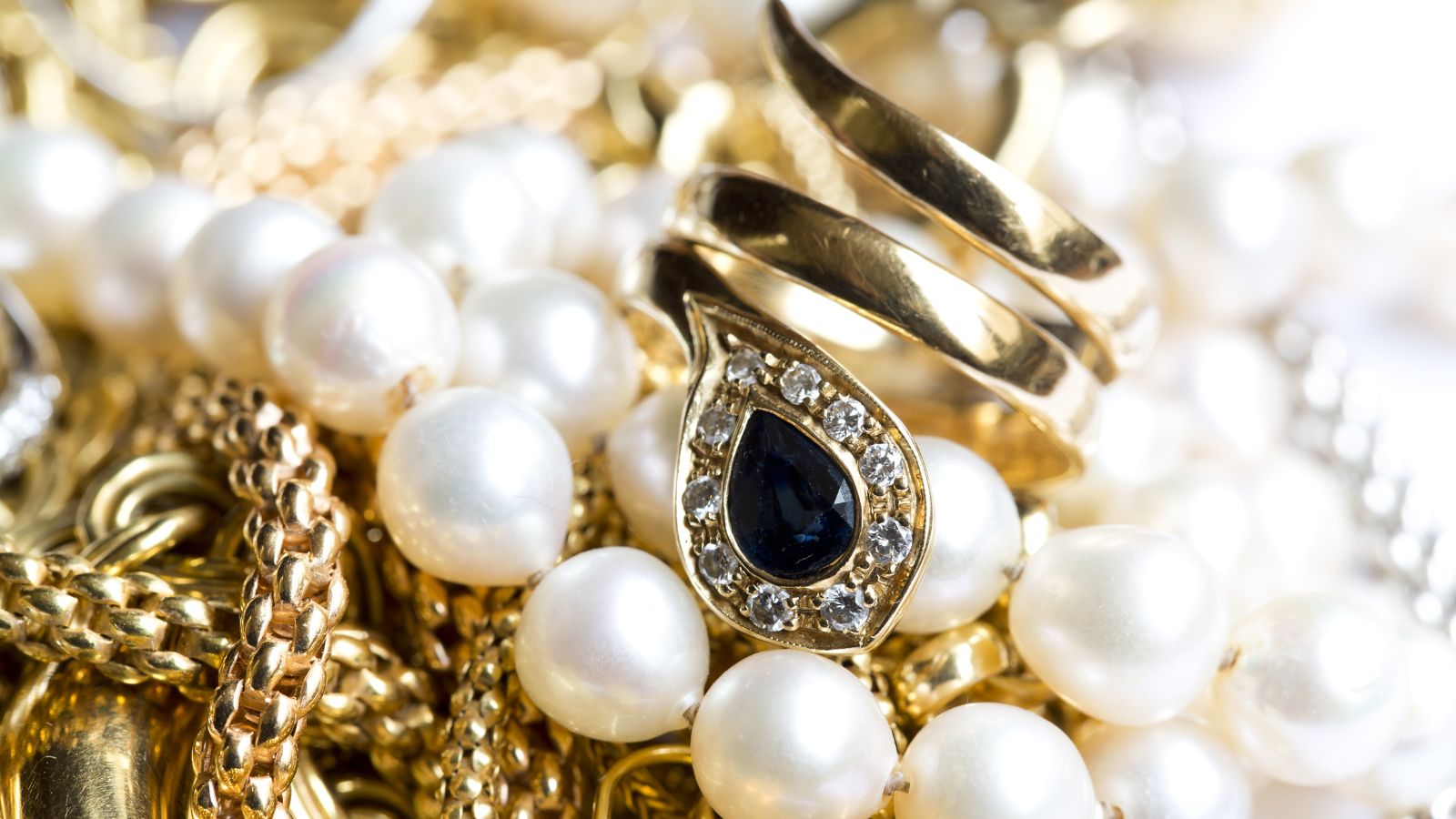
Jewelry should not be stored with moisture-producing items, as humidity can tarnish and damage metals and gemstones. You eventually have pieces that are discolored or physically weakened. Use a dry, lined jewelry box or pouch to store your pieces and ensure they remain in pristine condition.
Garden Chemicals and Fertilizer
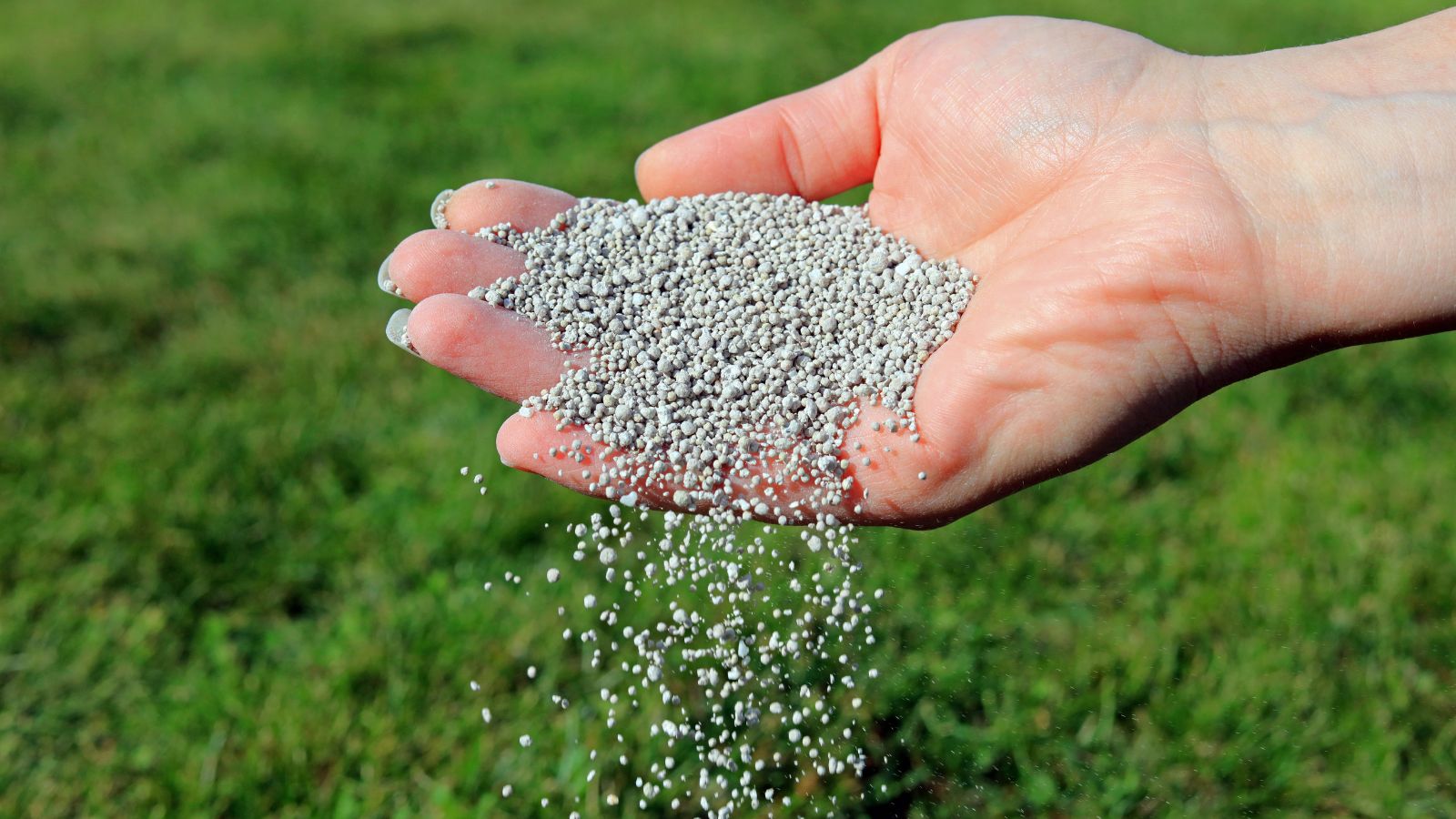
Garden chemicals and fertilizers can react dangerously when stored together. Chemical reactions may release toxic fumes, cause fires, or even result in explosions. Store garden chemicals in a secure, well-ventilated area separate from fertilizers to prevent hazardous situations like this.
Wine and Items with Strong Odors
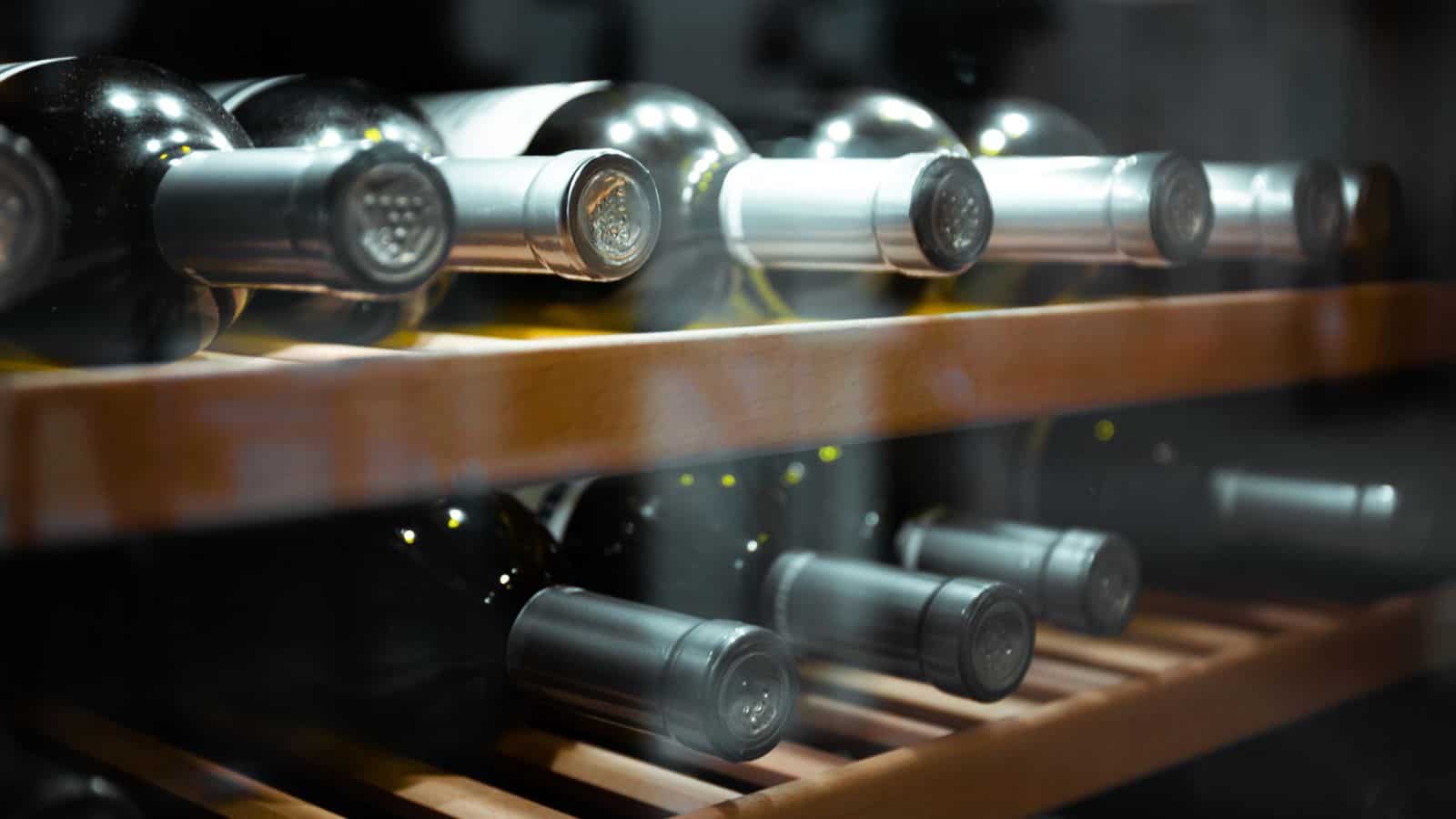
Wine should not be stored near strong odors, either. This is because corks can absorb smells from nearby items like onions or cleaning products, altering the wine’s taste. This can result in an unpleasant aroma from your wine and a compromised flavor profile that makes it less enjoyable.
Documents and Humidifiers

Important documents should not be stored in humid areas because moisture can cause paper to warp, mold, or deteriorate. Additionally, this combination can lead to ink smudging and fading, making texts unreadable. Store documents in a dry, climate-controlled environment instead, and use waterproof containers if necessary.
Cosmetics and Heat-producing Items
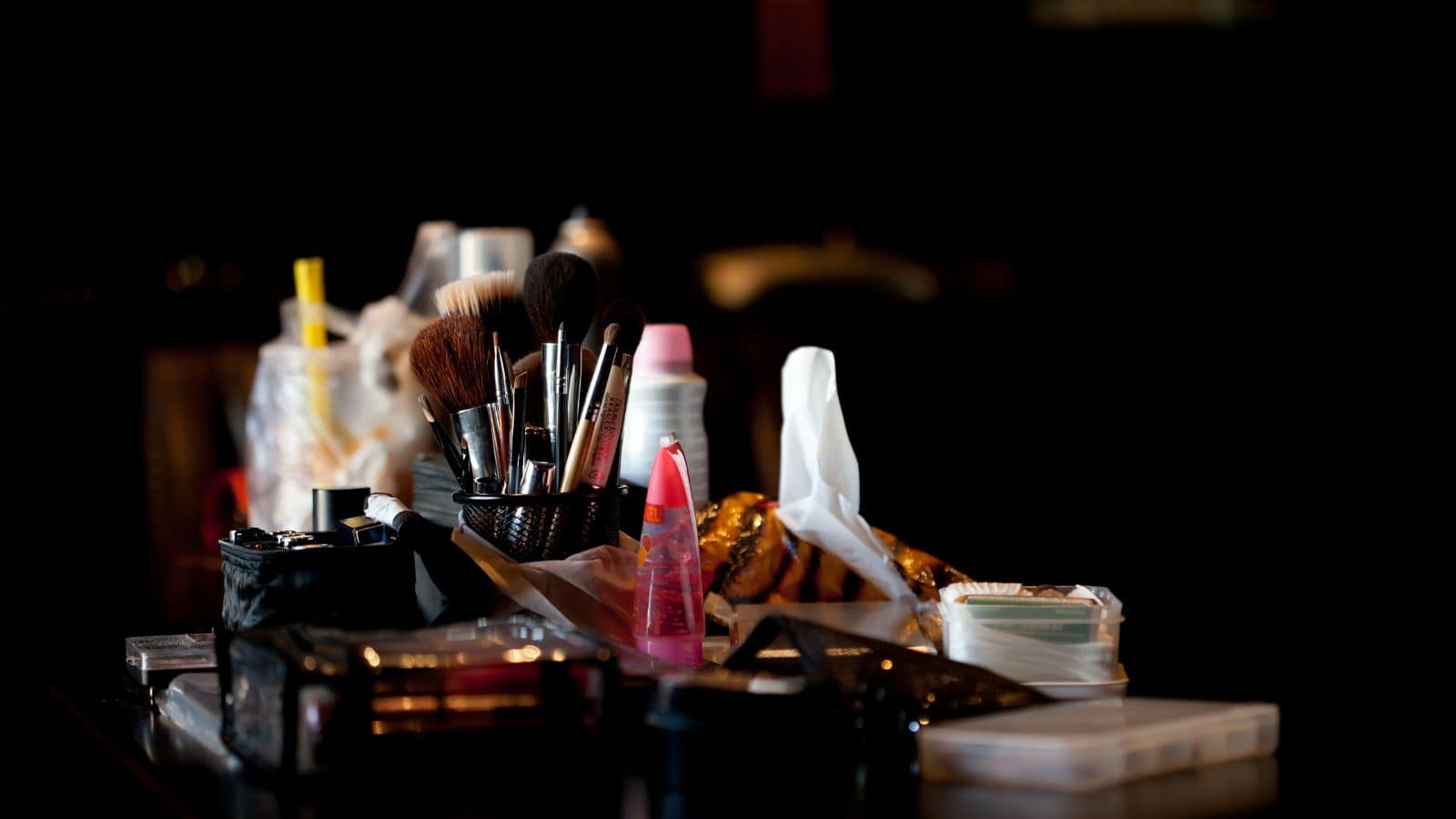
Cosmetics should also be stored away from heat sources and direct sunlight. High temperatures make products melt and separate, and when cosmetics are stored together, this can cause cross-contamination and chemical reactions. Even when they don’t mix together, your cosmetics may lose their effectiveness.
Tools and Cleaning Supplies
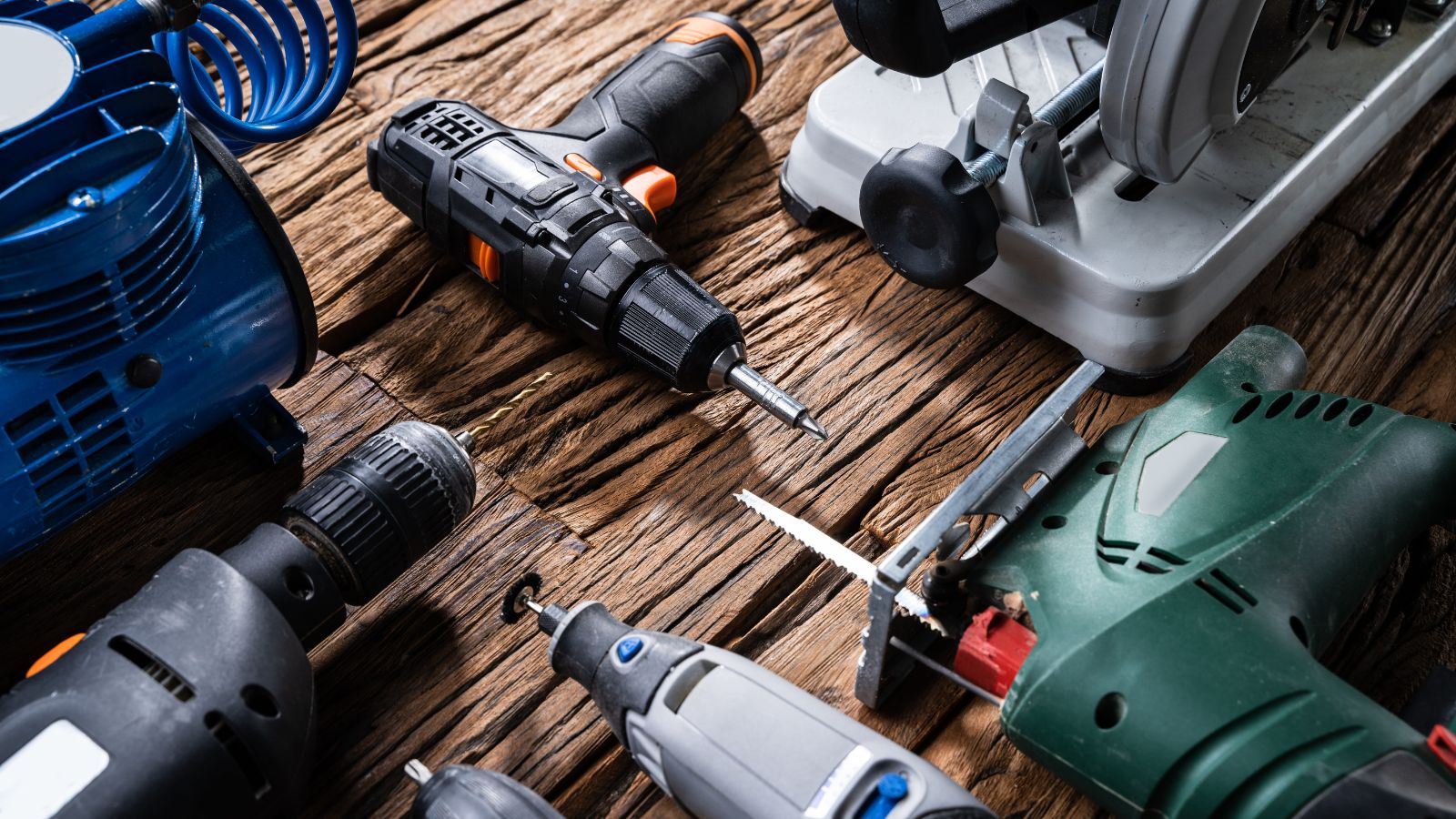
Tools and cleaning supplies should be stored separately, too. Cleaning chemicals can corrode metal tools, causing rust and reducing their lifespan. Store tools in a dry toolbox or on a pegboard, and keep cleaning supplies in a designated cabinet to prevent not only corrosion but also potential chemical reactions that could damage your equipment.
Canned Goods and Moisture-producing Items
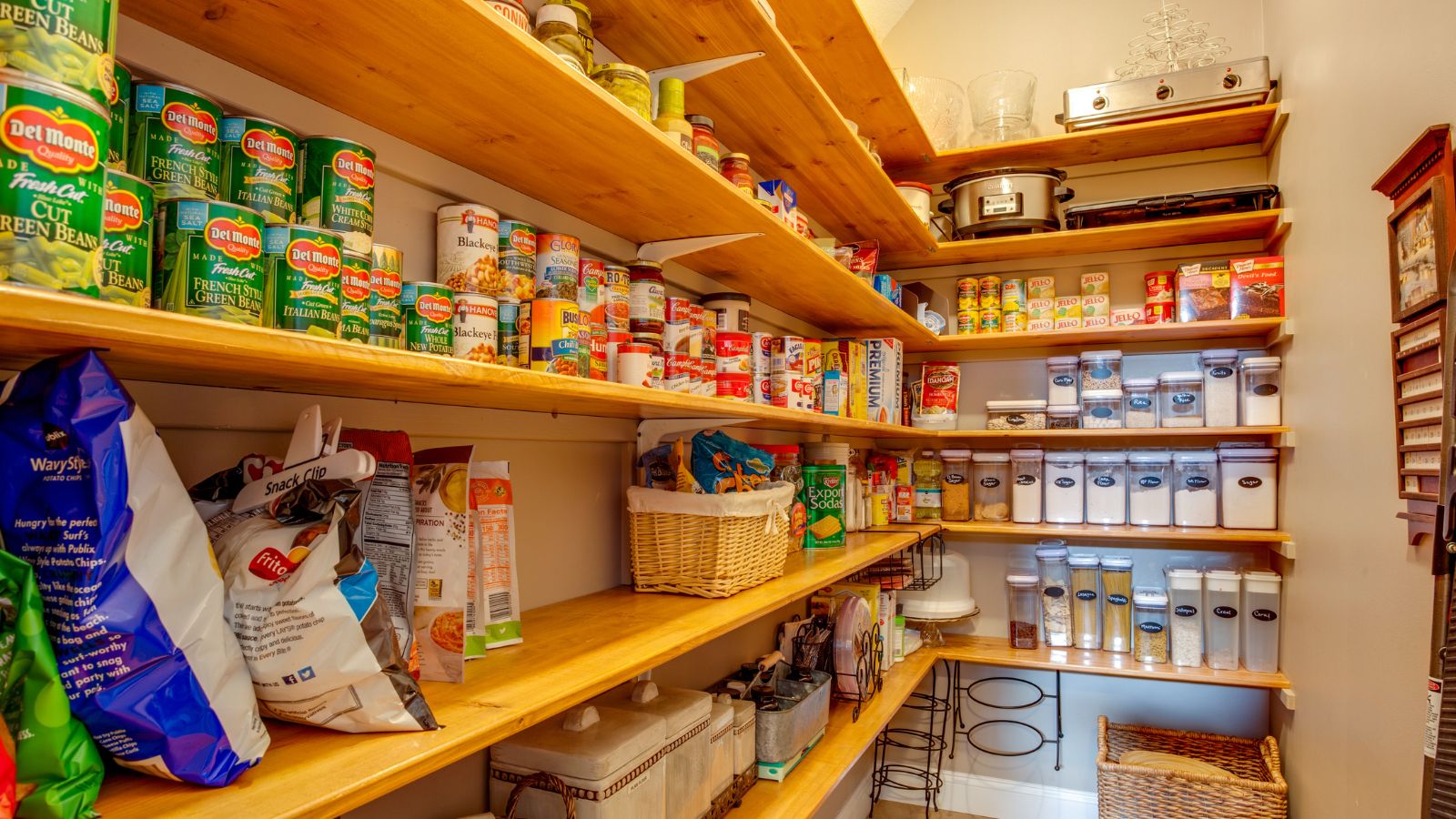
Canned goods should also not be stored in damp areas, as moisture can cause the cans to rust, compromising their contents. MS State also shares that, after a storm or flood, for instance, you should discard any metal can if it has come in contact with contaminated water or if it’s bulging, leaking, or dented.
Seeds and Moisture
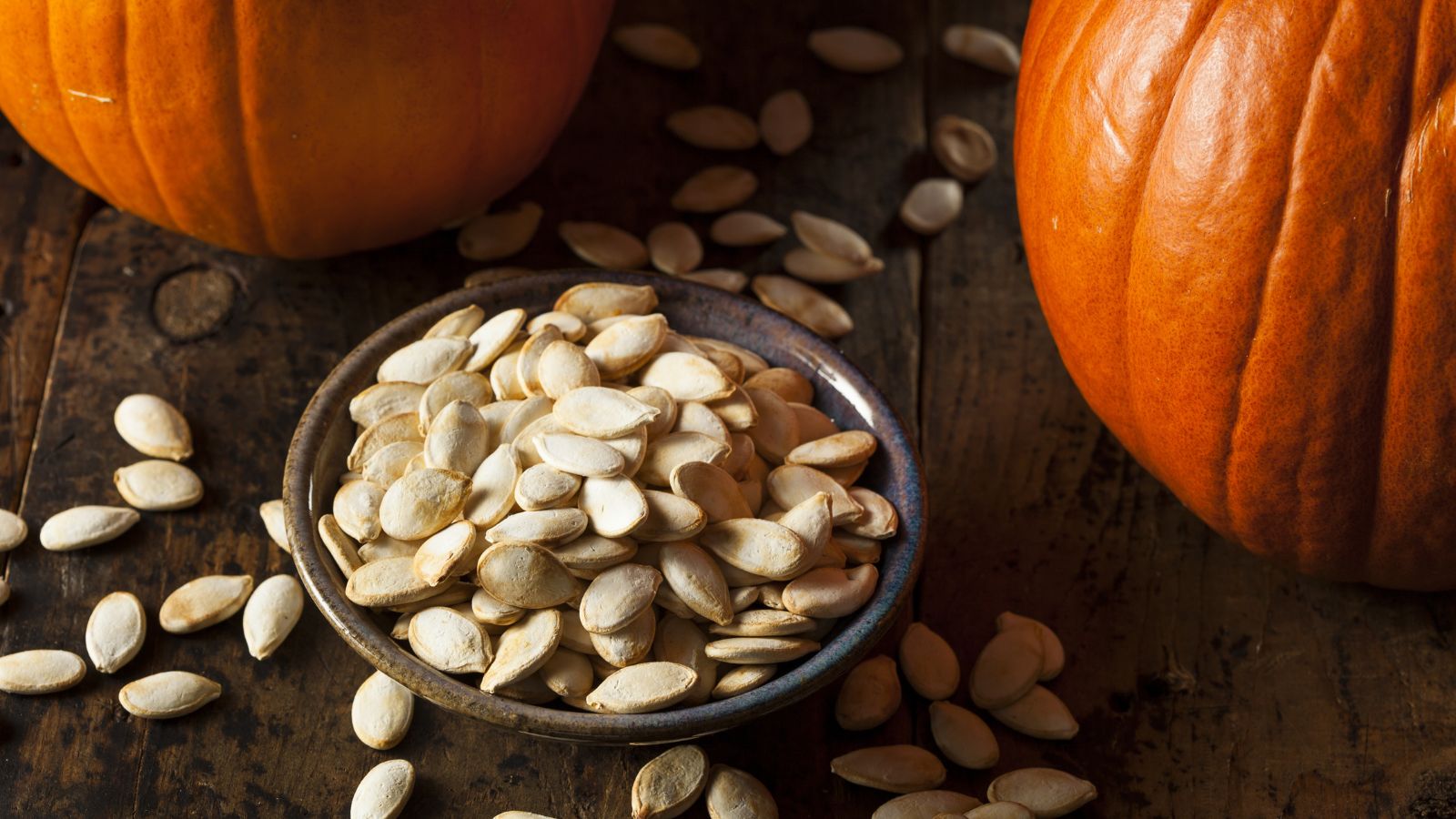
Seeds should be stored away from moisture-producing items. This is because humidity can reduce their viability, affecting germination rates and potentially causing mold and rot. Keep seeds in airtight containers instead and store them together with silica gel packs to further prevent moisture damage.
Books and Insect-attracting Materials
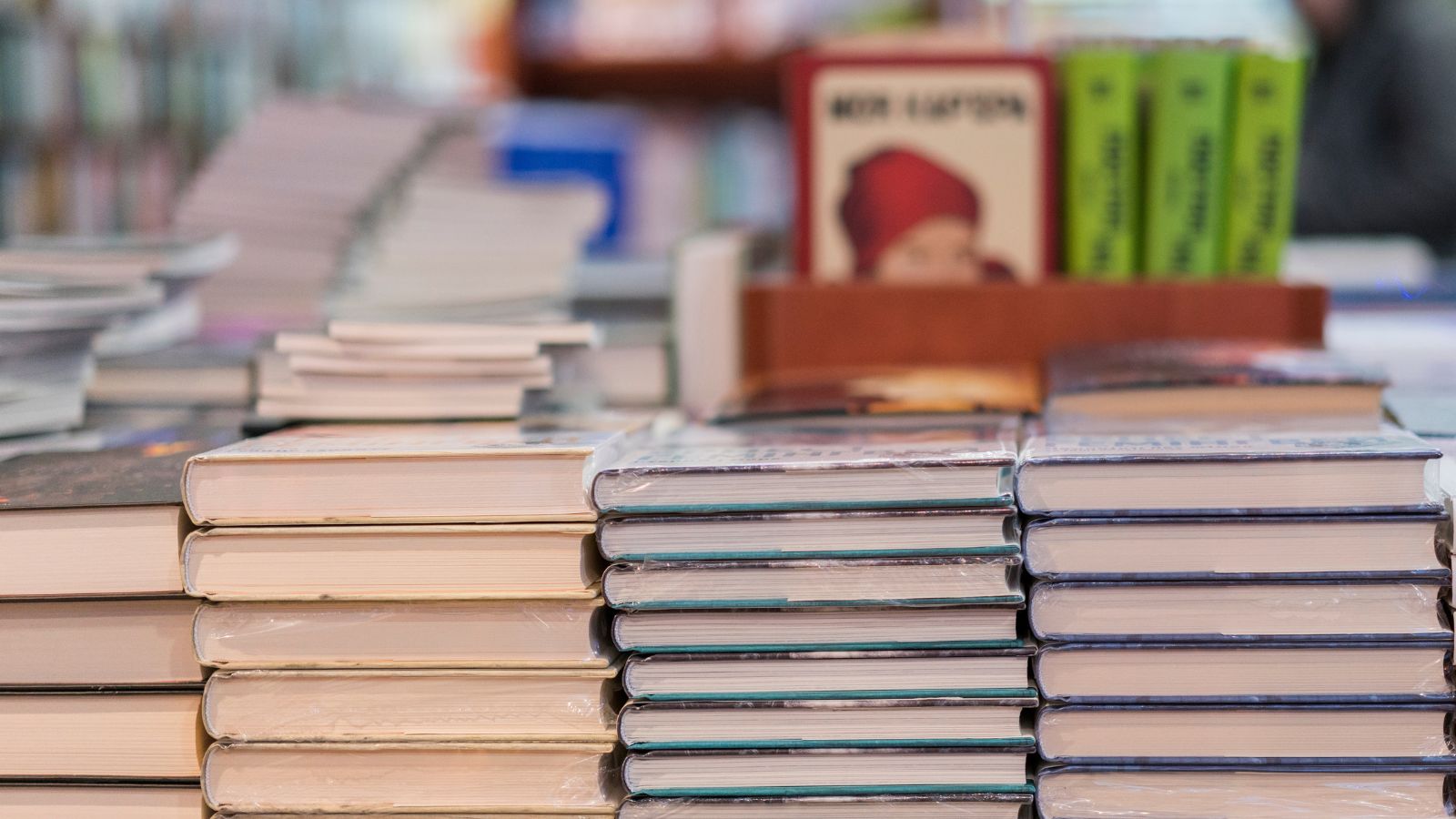
Books should not be stored in areas prone to pests. Insects and rodents can damage pages, chew through bindings, and leave droppings that cause stains and odors. Store your books in a clean, dry area with proper pest control measures in place to keep them in good condition.
Photos and Light
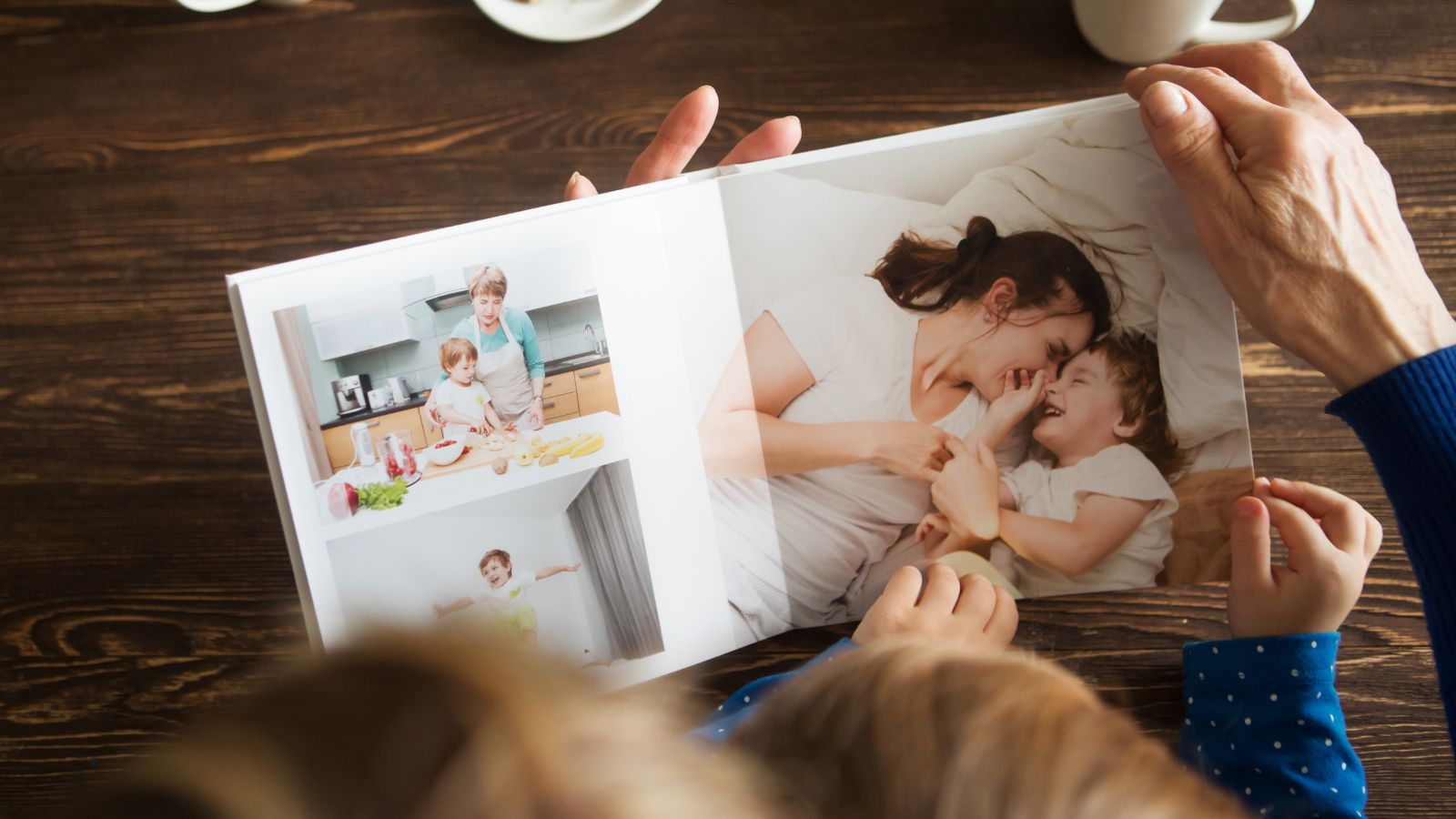
Photos should not be stored in areas with direct light exposure. Ultraviolet (UV) rays can fade out photographs, and as we learn from History Nebraska, this damage will be permanent. Keep your photos in albums or storage boxes in a dark, climate-controlled environment to preserve their quality and your dear memories.
Antiques and Chemicals
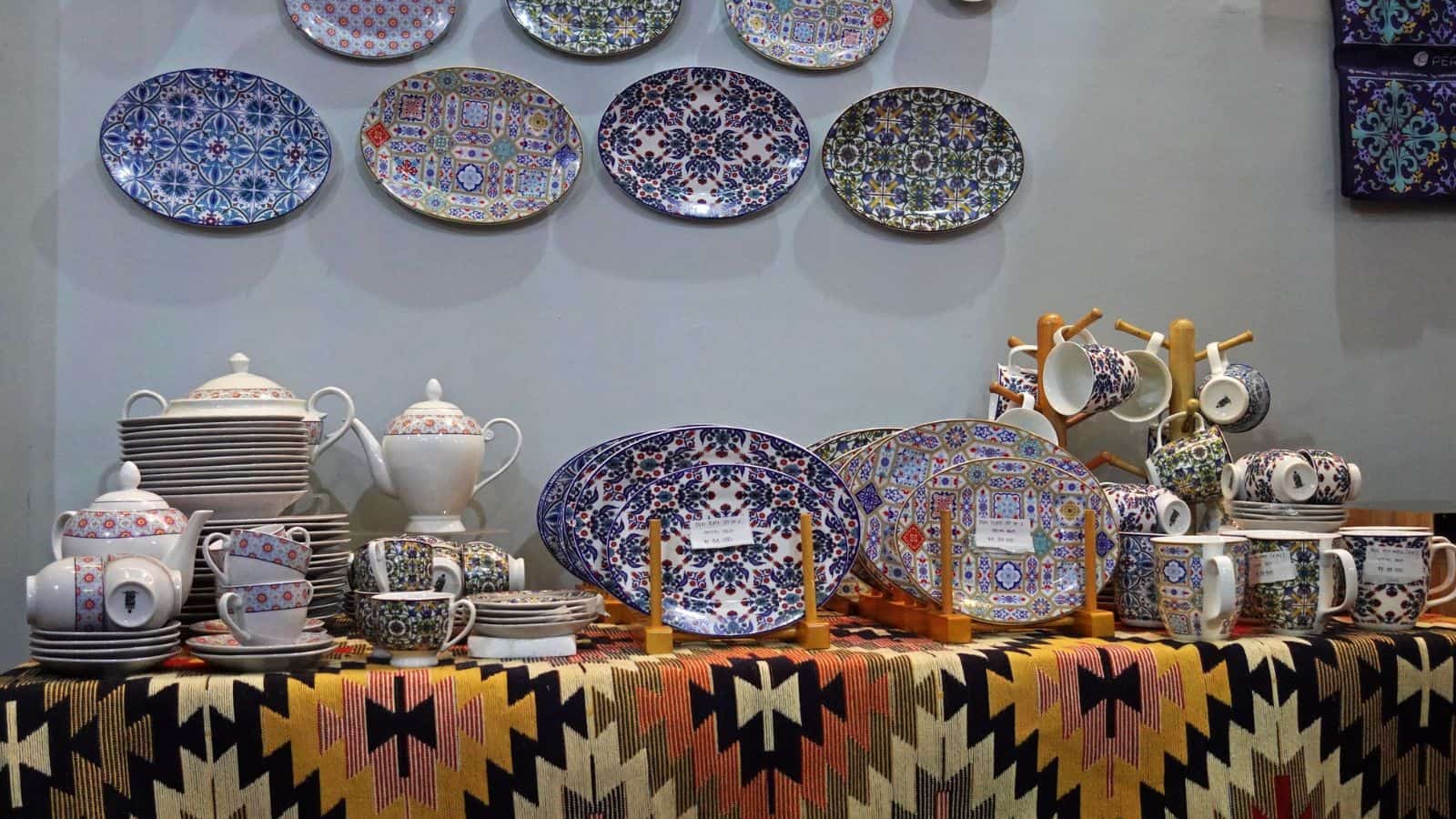
Chemical fumes can cause discoloration, corrosion, and deterioration of delicate materials and finishes. To prevent tarnishing and maintain their value, antiques and other delicate pieces should be stored in a clean, dry environment away from any cleaning or garden chemicals.
Plastic Containers and Heat-producing Items
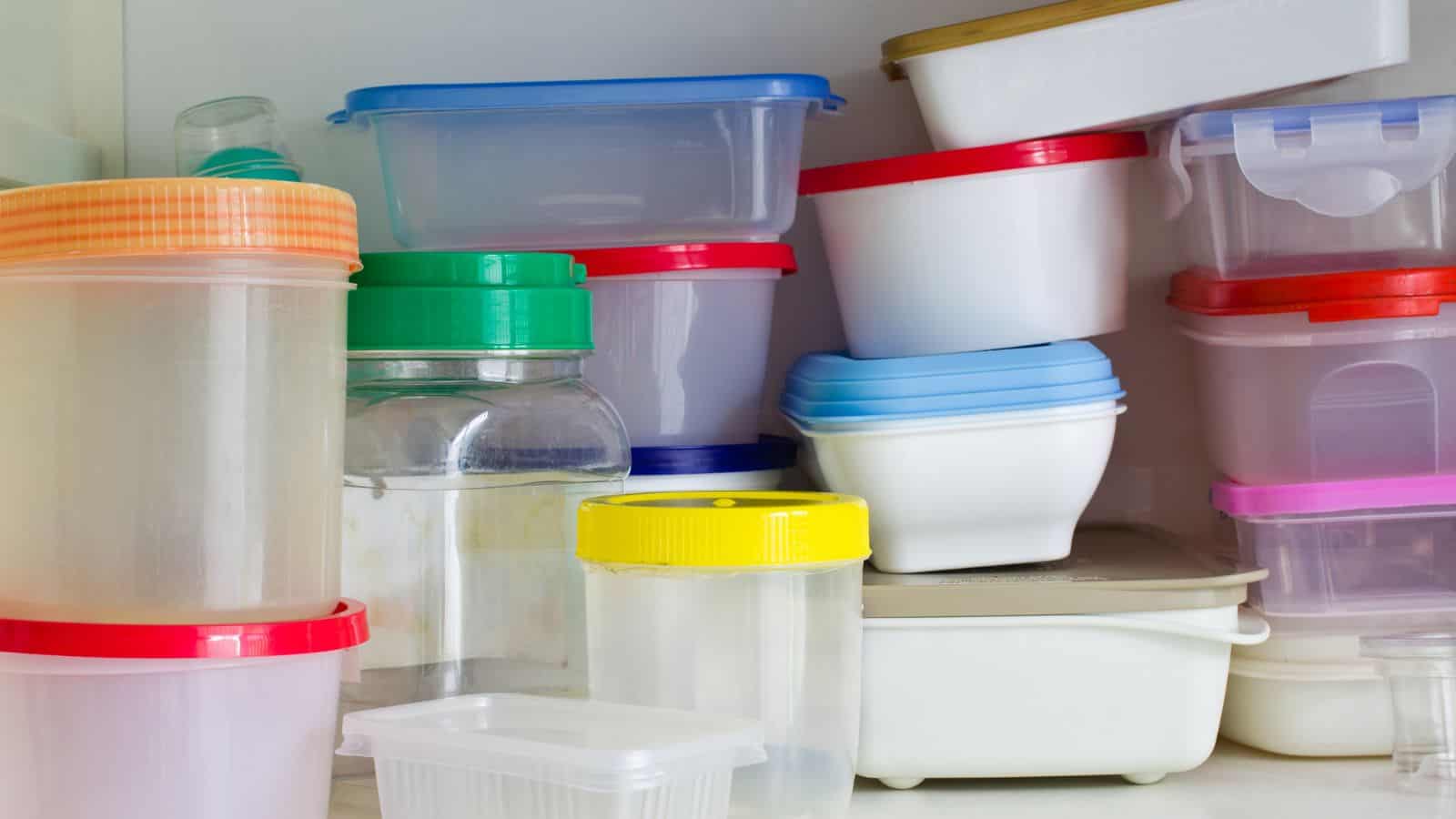
Plastic containers should be kept away from heat sources, as high temperatures can warp or melt plastic, releasing harmful chemicals like BPA and phthalates. These are chemicals that are well known to contaminate food and pose health risks to humans when consumed in large quantities
Cleaning Rags and Oily Substances
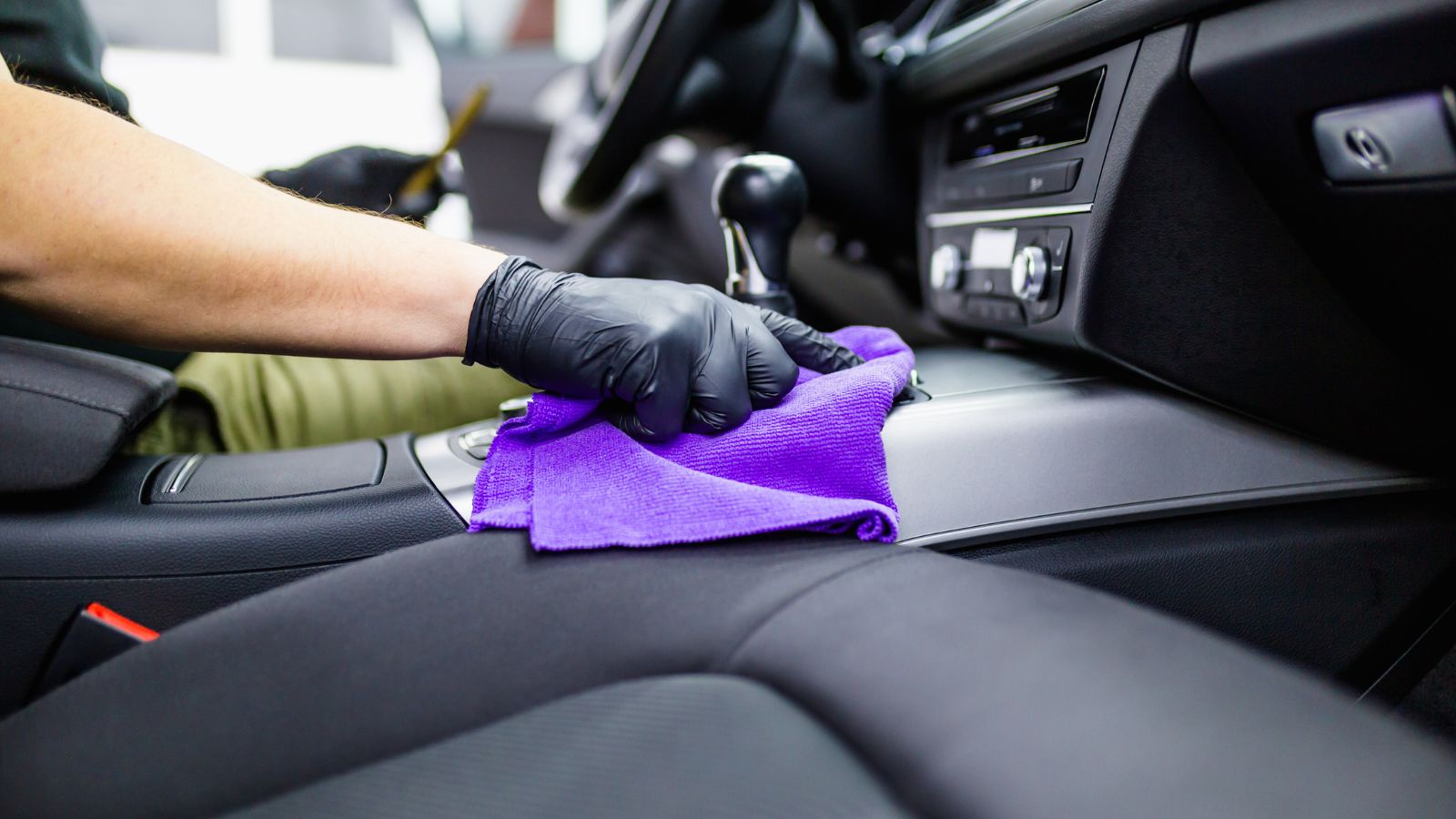
Cleaning rags should be kept separate from oily substances, as oils can soak into the fabric, increasing the risk of spontaneous combustion and creating a serious fire hazard. What you should do is store used rags in a metal container with a lid and ensure they’re away from flammable materials to prevent accidental fires and potential explosions.
Up Next: 17 Things Most People Forget After Someone Dies
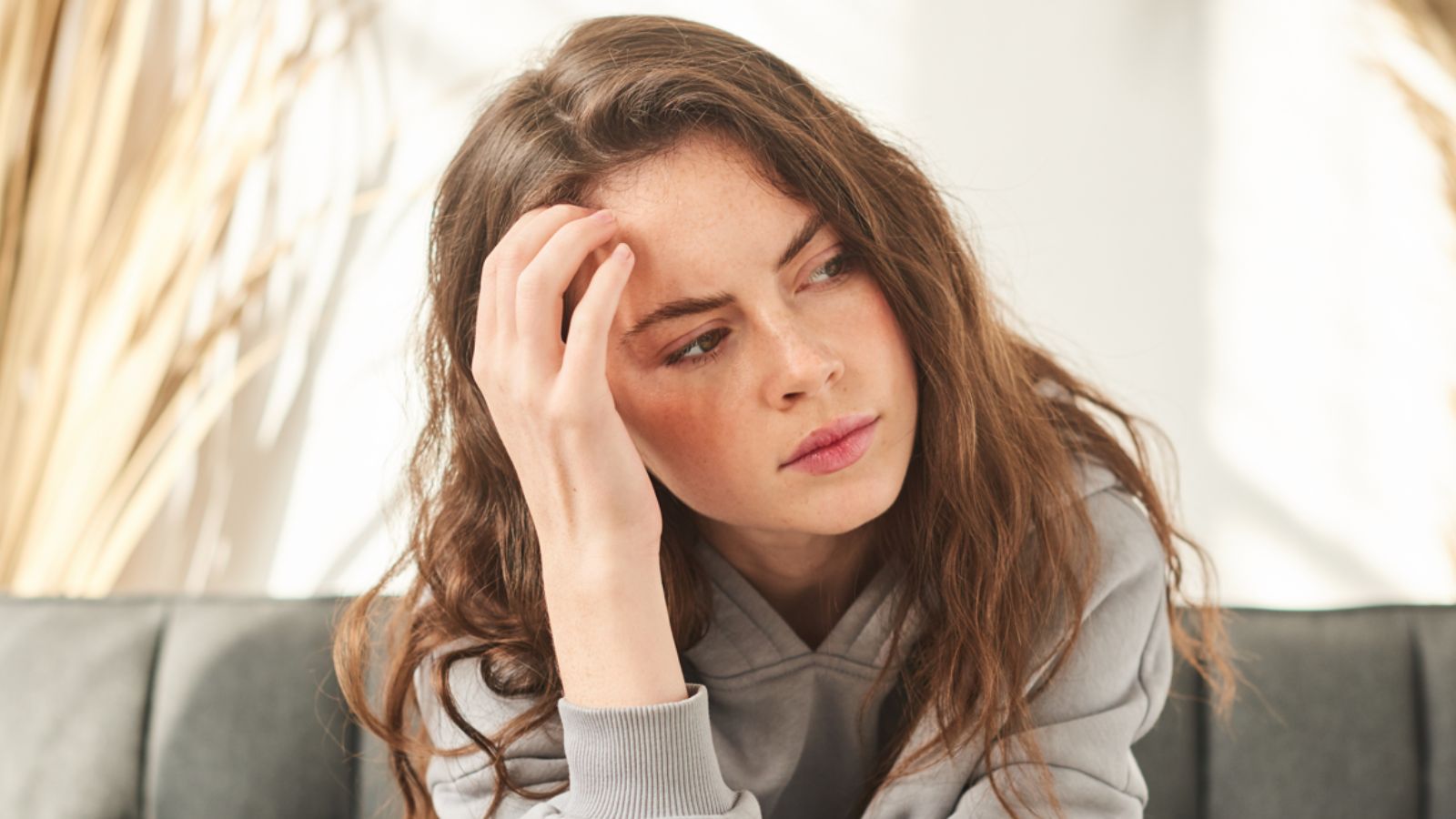
When a person dies, it’s easy for their partner or family members to overlook things while they process shock and grief. Despite the pain of losing a loved family member, it’s important to remember to organize these 17 things to prevent problems later on.
17 Things Most People Forget After Someone Dies
17 Phrases Confident People Use to Stand Up For Themselves

Confidence is a healthy and attractive trait that helps us stand firm in our values and set healthy boundaries. We can always become more confident, and learning the right ways to stand up for yourself is a great way to start. Here are 17 phrases you can use to do so.
17 Phrases Confident People Use to Stand Up For Themselves
20 Signs Someone Is Only Pretending to Care

Whether it’s to avoid hurting your feelings or if it’s part of a more elaborate plan to deceive you for benefits, people pretend for many reasons. The main theme with them, though, is that their actions never match the sugar-coated words that come out of their mouths. So that you don’t fall for someone like this, we’ve compiled 20 signs for you to look out for.
